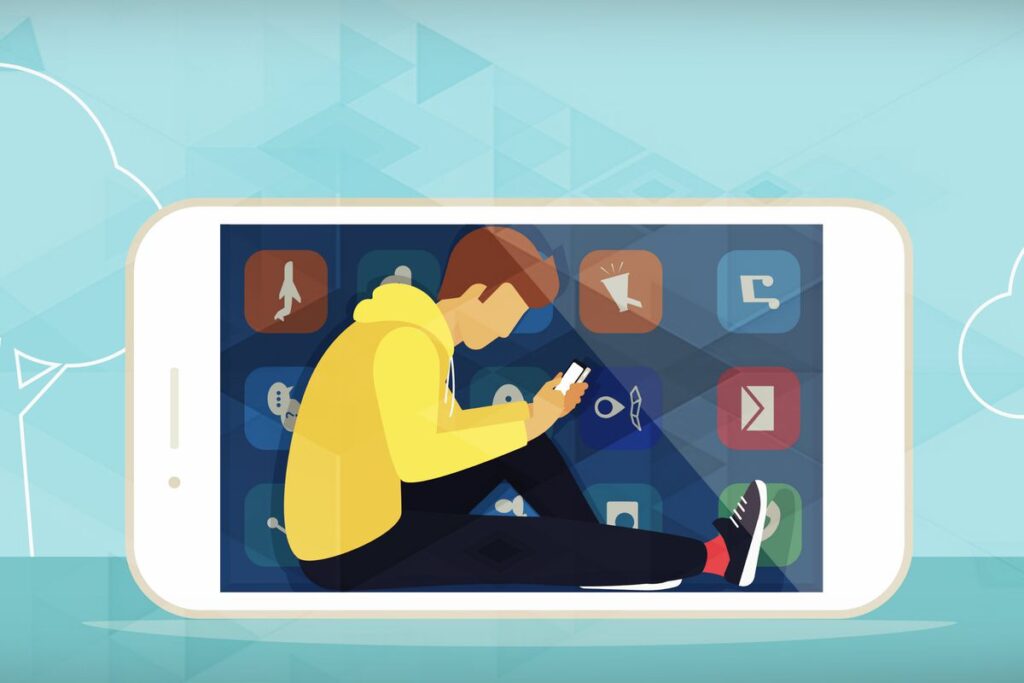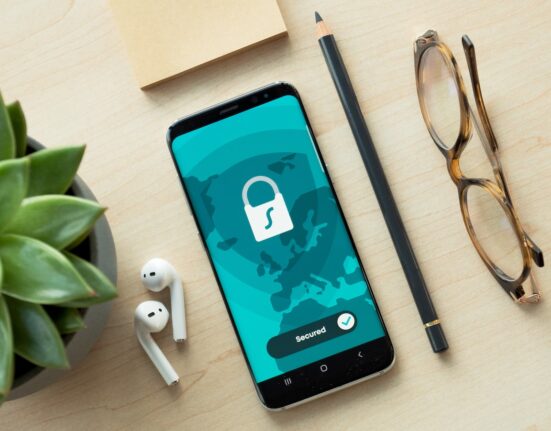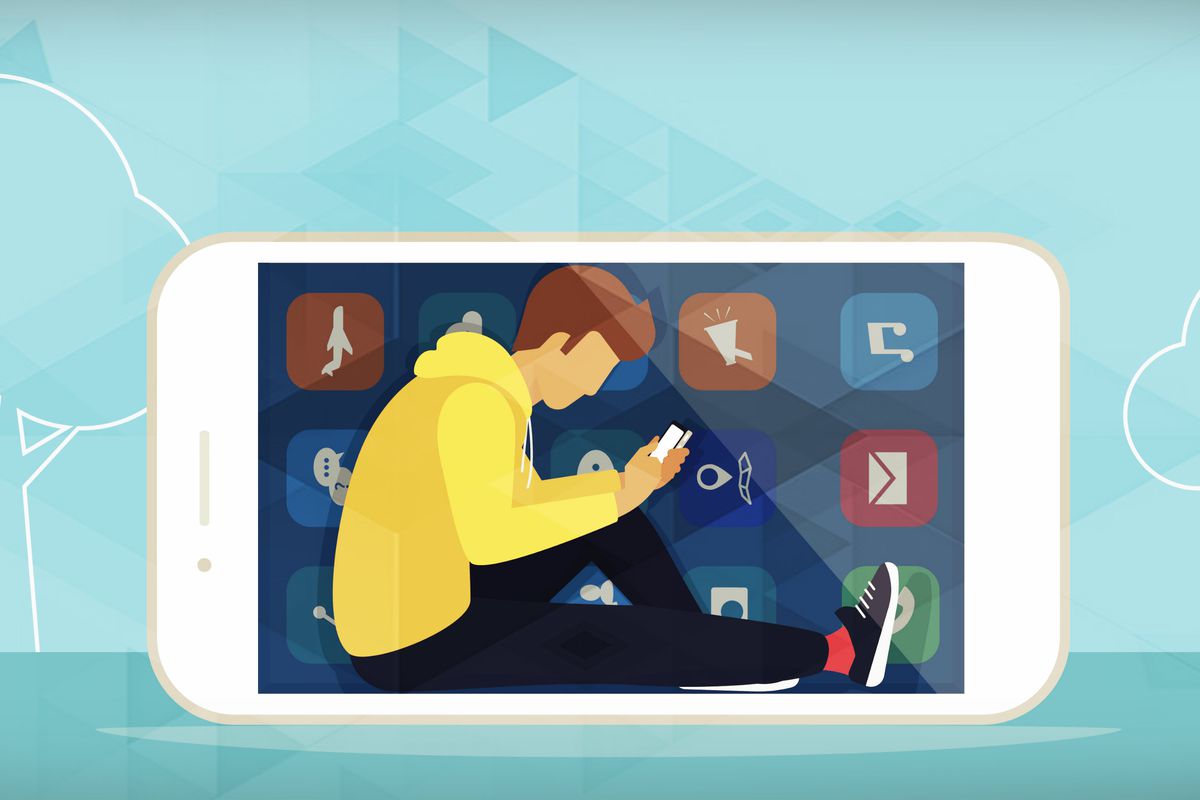Screen Addiction or Healthy Habit? Exploring the Influence of Smartphones on Mental Well-being
Smartphones have undoubtedly become an indispensable part of modern life. With their convenient access to social media, news, and entertainment, it is easy to spend hours scrolling through our screens without realizing it. However, concerns have been raised about the negative impact of excessive smartphone use on mental health. Studies have linked smartphone addiction to anxiety, depression, and sleep disorders. Additionally, constant exposure to social media and its unrealistic expectations can lead to feelings of inadequacy and low self-esteem. While smartphones offer many benefits, it is crucial to recognize the potential negative effects and strive for a healthy balance between screen time and real-life experiences.

Nomophobia, or the fear of being without one’s mobile phone, has become increasingly common as smartphones have become a central part of our lives. This dependence on our devices can lead to anxiety, stress, and negative emotions when separated from them, resulting in a constant need to check for notifications and updates. Additionally, the blue light emitted from screens can disrupt our sleep patterns, leading to insomnia and other physical symptoms. As a result, it is important to recognize the signs of nomophobia and strive for a healthy balance between screen time and real-life experiences to maintain positive mental and physical well-being.
Smartphones offer a constant source of stimulation through social media, news, and other content designed to keep us engaged. While this can be a convenient and entertaining way to pass the time, it can also lead to a state of constant distraction. The constant urge to check for updates and notifications can make it difficult to focus on important tasks or engage in meaningful face-to-face interactions, leading to feelings of social isolation and loneliness. As a result, it is crucial to be mindful of our smartphone use and prioritize real-life experiences and relationships to maintain positive mental health and well-being.
Smartphones have revolutionized the way we connect with others, but for younger people who rely on social media as a means of socializing, it can also contribute to feelings of isolation and loneliness. Social media can provide a sense of community and belonging, but it can also create unrealistic expectations and lead to feelings of inadequacy. The constant comparison to others’ seemingly perfect lives can erode self-esteem and lead to a fear of missing out. It is important to recognize the potential negative effects of social media and strive for a healthy balance between online and offline interactions to foster genuine connections and maintain positive mental health.
Smartphones have become a ubiquitous part of modern life, but the blue light emitted by these devices can have a profound impact on our sleep patterns and mental health. Exposure to blue light at night can disrupt the body’s natural sleep cycle, making it difficult to fall asleep and stay asleep. This can lead to fatigue, irritability, and other negative effects on mental health, such as difficulty concentrating and increased stress levels. To promote better sleep and improve overall mental health, it is important to limit smartphone use before bedtime and create a relaxing sleep environment free from the distractions of technology.
While there are certainly concerns about the negative impact of smartphones on mental health, there are also many ways in which these devices can be beneficial. Mental health apps, for instance, offer users access to tools for managing stress, anxiety, and other issues right from their phones. Additionally, online therapy and counseling services are becoming increasingly available, making it easier for people to access the support and resources they need, regardless of their location or schedule. By leveraging the positive aspects of smartphone technology, we can work towards improving mental health and well-being for individuals and communities alike.
The impact of smartphones on mental health is complex and multifaceted, and while there are concerns about the negative effects they can have, it is also important to recognize the potential benefits they offer. Smartphones can provide a means of support and connection for those in need, and the development of mental health apps and online therapy services is a promising step towards addressing mental health issues. However, it is crucial to find a balance between the benefits and risks of smartphone use and to prioritize our overall well-being. By staying mindful of our smartphone use and utilizing the positive aspects while minimizing the negative effects, we can ensure that these devices enhance rather than detract from our mental health and well-being.
Image Source : Vox







